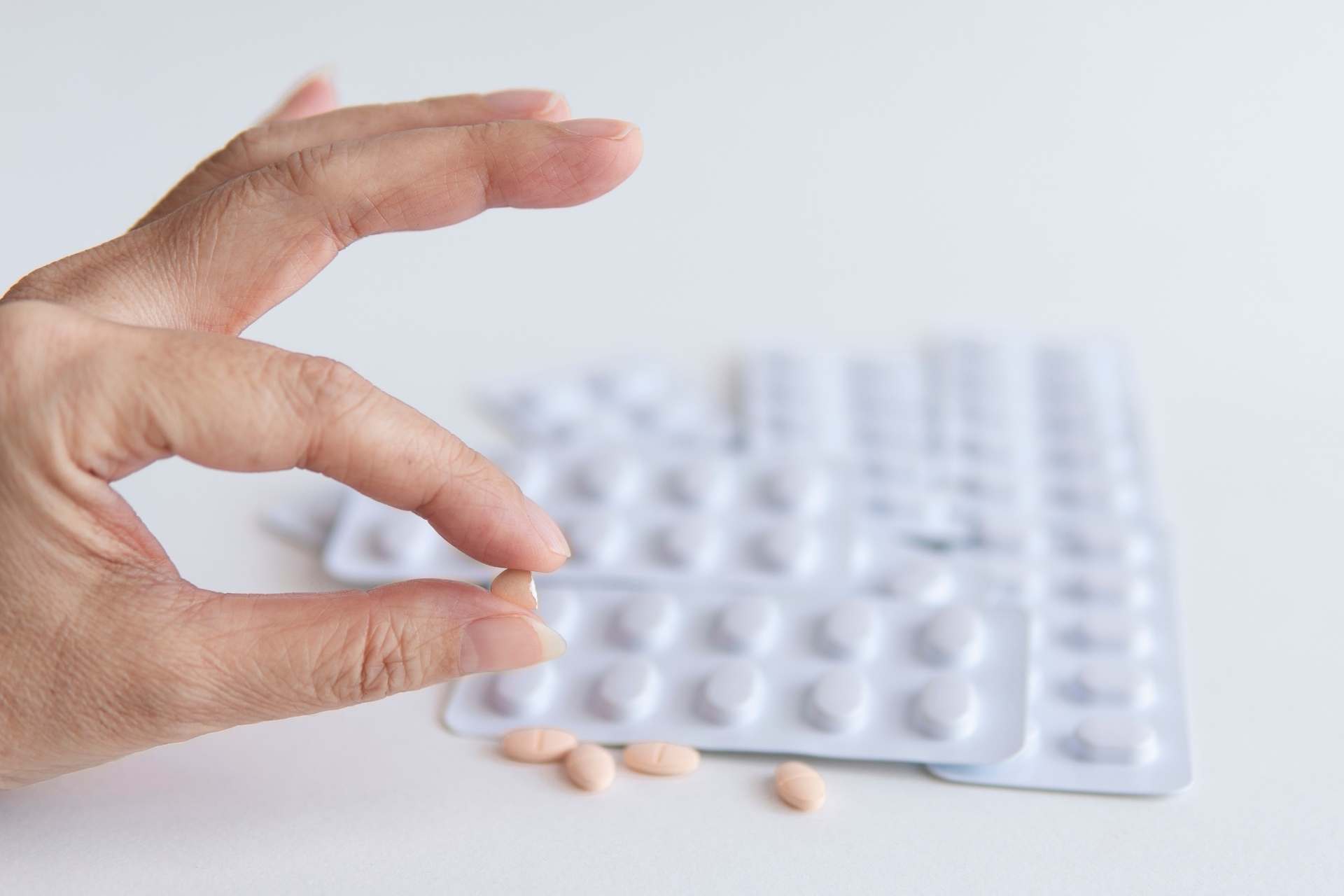What is already known
Statins are one of the most common prescription drugs worldwide. Although statins have proven effective in lowering cholesterol levels and decreasing the risk of cardiovascular disease, their use is sometimes associated with adverse effects, including an increased risk of diabetes.
What this research adds
Researchers analyzed stool and blood samples from more than 2,800 people, 22% of whom were being treated with statins. They found that specific microbiota signatures are predictive of the efficacy of statins and the magnitude of the drug’s adverse effects. Less diverse microbiotas with increased levels of Bacteroides were associated with the strongest cholesterol-lowering response to statins, but they were also linked to the greatest disruption to sugar levels in the blood. Instead, people with a gut microbiota rich in Ruminococcaceae had a strong cholesterol-lowering response to statins and were protected from the adverse effects of the drug.
Conclusions
The findings suggest that different responses to statins can be explained by the variation in the human microbiota, and may help to develop personalized statin treatments.
Statins are commonly prescribed to lower cholesterol levels, but their use is sometimes associated with adverse effects, including an increased risk of diabetes. New research suggests that different responses to statins can be explained by the variation in the human microbiota.
The findings, published in the journal Med, may help to develop personalized treatments with statins.
The drug is used by up to 30% of adults in the United States and Europe to prevent cardiovascular diseases. Scientists have known that gut bacteria can metabolize statins, but little is known about how the microbiota contributes to the drug’s effects.
To identify how gut microbes may explain responses to statins, researchers led by Noa Rappaport, Andrew Magis and Sean Gibbons at the Institute for Systems Biology analyzed stool and blood samples from more than 2,800 people, 22% of whom were being treated with statins.
Bacterial signature
Statins work by inhibiting a key enzyme that produces cholesterol called beta-3-hydroxy-3-methylglutarate coenzyme-A (HMG-CoA) reductase, whose substrate is HMG. Plasma HMG levels were higher in statin users than in non-users, and they were higher in statin users with lower cholesterol levels than in those with higher cholesterol levels. This suggests that plasma HMG levels are a proxy for statin efficacy.
Statin use was also associated with subtle shifts in the gut microbiota, and statin users with high plasma HMG levels had a less diverse microbiota than those with low plasma HMG levels.
By further analyzing the microbiota of statin users, the researchers found bacterial signatures that were predictive of the efficacy of the drug and the magnitude of its adverse effects.
Medication effects
The team found that less diverse microbiotas with increased levels of Bacteroides were associated with the strongest cholesterol-lowering response to statins, but they were also linked to the greatest disruption to sugar levels in the blood. Instead, people with a gut microbiota rich in Ruminococcaceae had a strong cholesterol-lowering response to statins and were protected from the adverse effects of the drug.
The researchers also found that the variability in statin responses explained by the microbiota composition was independent of the variability explain by the genetic fingerprint of individuals. “The genome and the microbiome, together, appear to provide a more comprehensive and complementary picture of personalized drug responses,” says study lead author Tomasz Wilmanski.
Next, the researchers plan to do a clinical trial to assess whether people undergoing a personalized treatment fare better than people who get a standard statin treatment.











